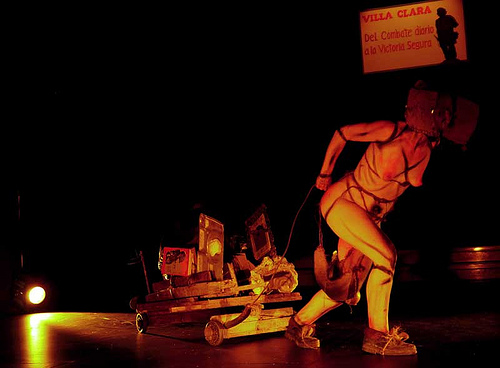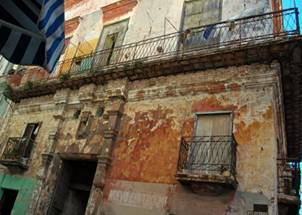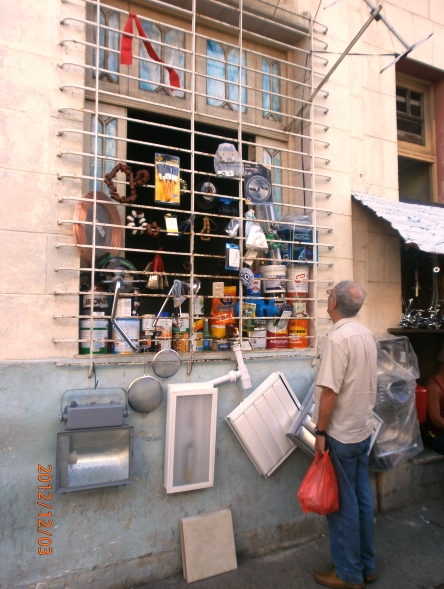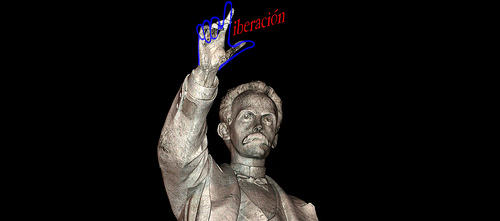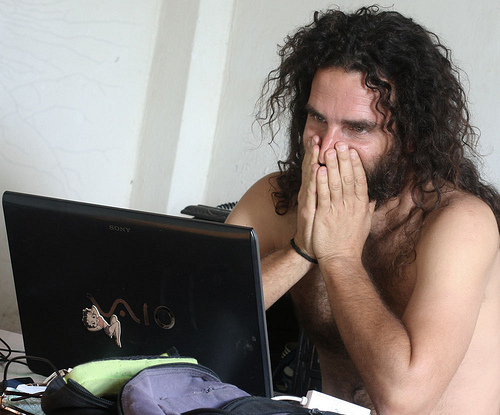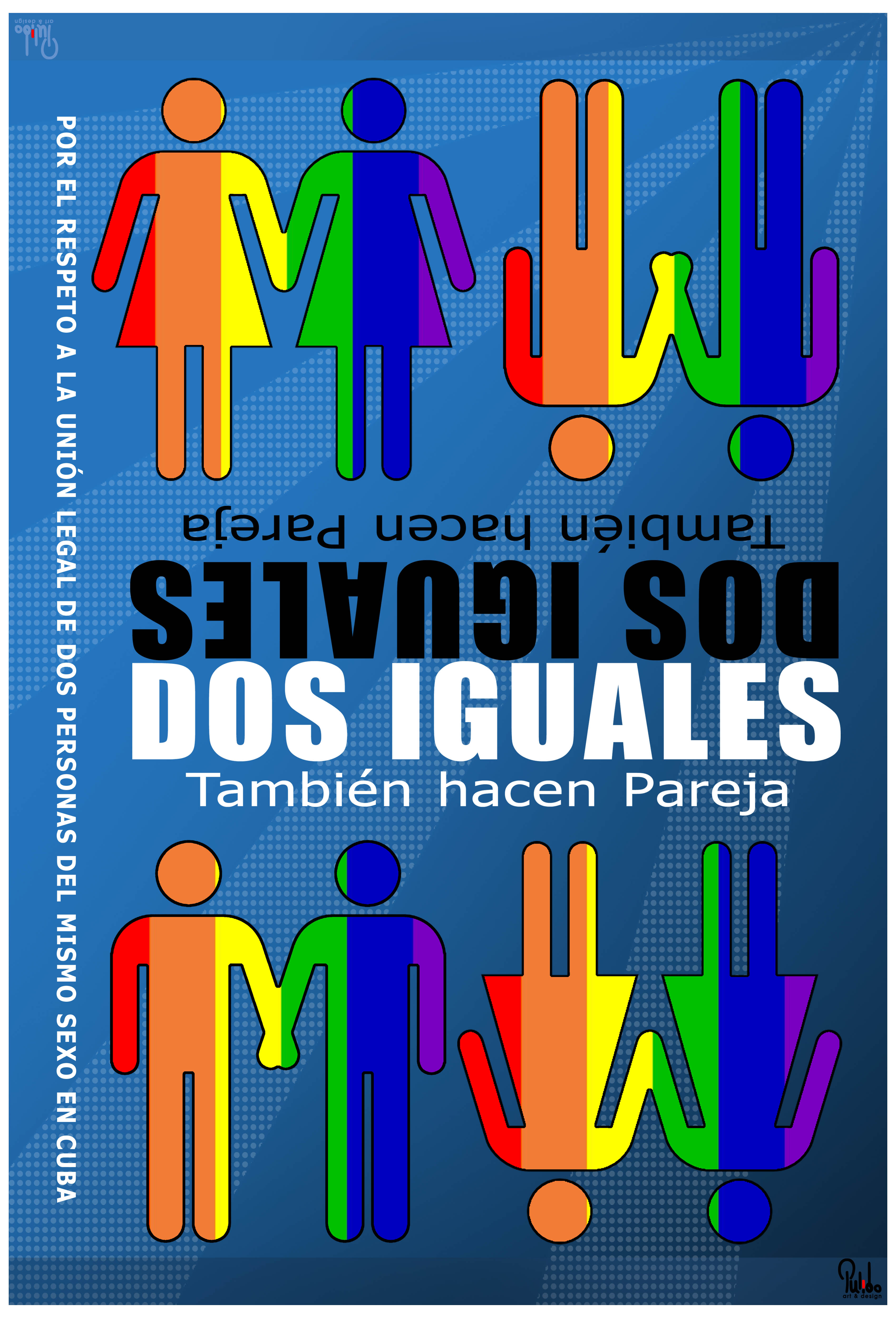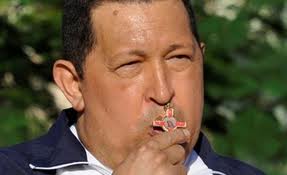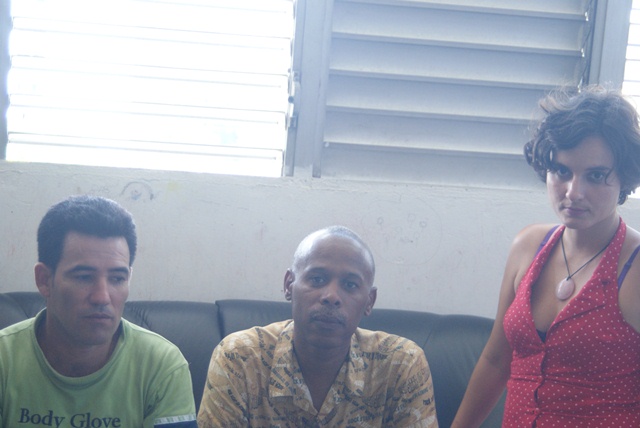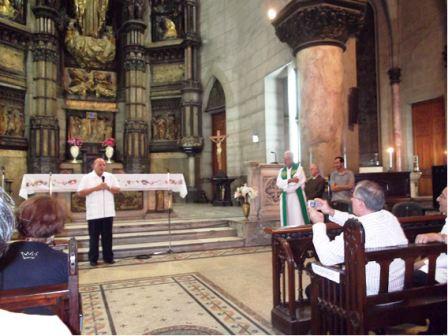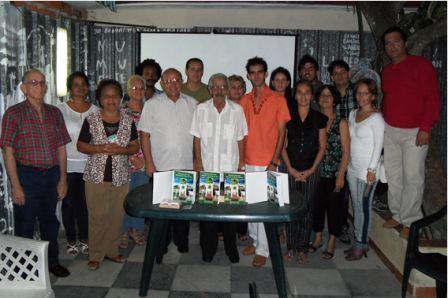
Lately my days are like weeks concentrated into twenty-four hours. I have Wednesdays that come one after another, Saturdays full of work and Mondays on which nothing seems to start, it all just continues. Sometimes I combine the most incredible events in a single day: sublime or mundane; extraordinary or tedious. But there is, every now and then, a date into which it seems I’d like to drain the entire calendar. December 10th was one of those days and I’d have liked to have on hand “The Devil in the Bottle” — as imagined by Robert Louis Stevenson — to ask him to delay nightfall by at least 72 hours.
This year has been no exception. From the night before, we began to notice “the syndrome of the eve of Human Rights Day.” Everyone notices it, even those who refuse to acknowledge these situations. We can observe an increase in the number of police in the most central parts of the city, and an increased tension in the security forces. For a while now here, the official institutions also try to appropriate a date that, for decades, has belonged to the critical sector of this society. We see television announcers smilingly presenting activities throughout the country that are honoring “rights…” and see their mouths dry up, their tongues falter, simply trying to come out with the words “cultural and social.” For too long the phrase “human rights” has been stigmatized, such that it provokes, at the very least, a blush among those in government spaces who now try to repeat it.
They carry out arrests and threats throughout the country on this day, but we always manage to do something. This year I participated in the opening day of the Endless Poetry Festival. This alternative fiesta in Cuba resurfaced yesterday with a fair of diverse projects. A hundred people gathered at the site of Estado de SATS and erected various exhibition spaces that ranged from music making to activism for racial integration. It was possible to visit the work of the Civic Libraries, the brand new “Journal of Plural Thinking” from the city of Santa Clara, and the young DJs of “18A16 Productions.” There was also our booth under the name “Technology and Freedom,” offering a sample of the work of the bloggers, independent journalists and Twitterers.
An island within the Island, this space was a foretaste of that day when respect for plurality will exist in our country. Laughter, projects, united in diversity and great friendship, formed the magic of the first day of the Endless Poetry Festival. When I got home it seemed I had lived a whole week in the space of one day and — for once — had not needed a bottled demon from a story to do it. With the energy of so many people we had managed to fit into every minute the colossal density of the future.
11 December 2012


